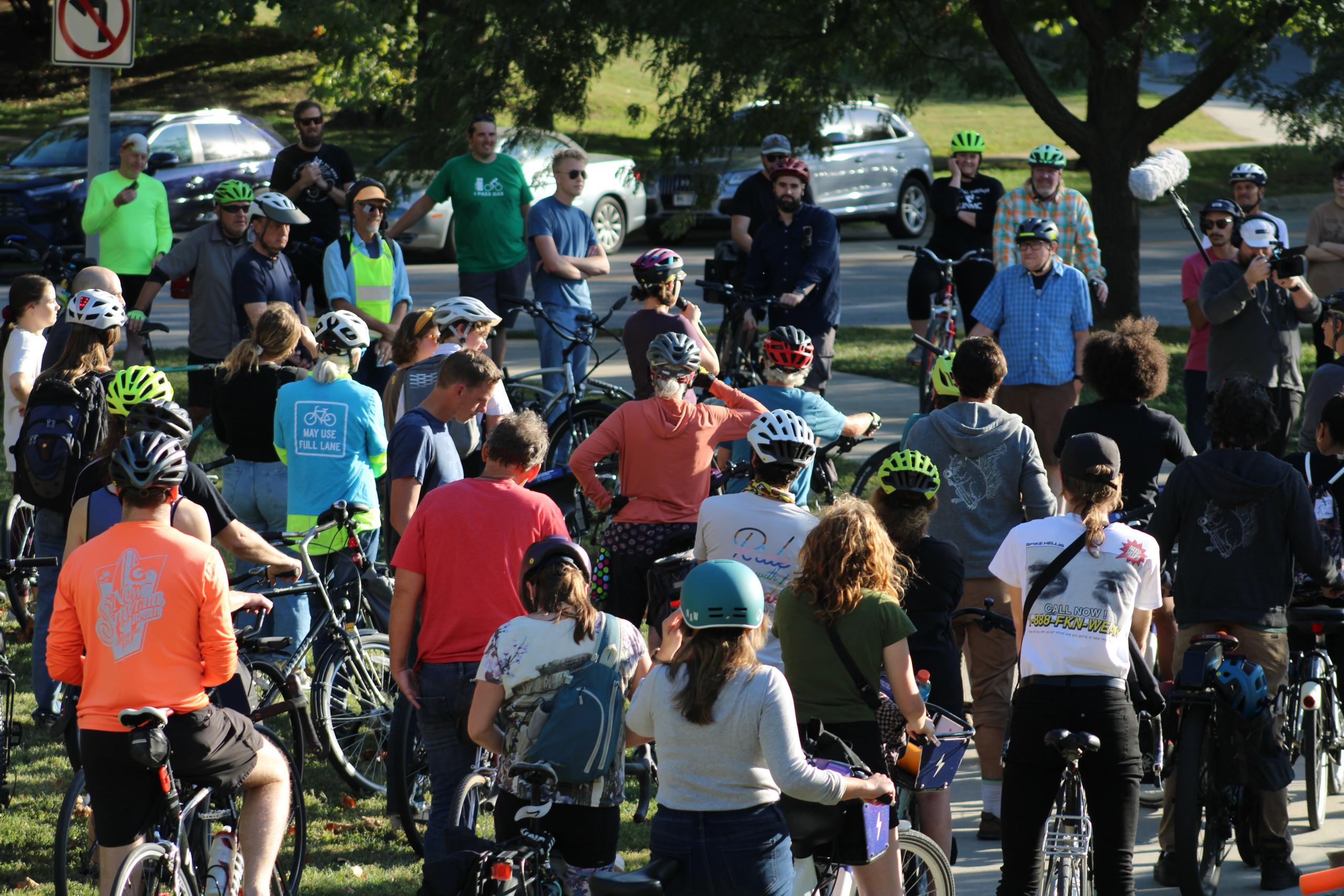The Spring 2016 Citizens’ Academy is coming to a close this week. Here are the key takeaways from the first two sessions, on Placemaking & Local Government and Local & Regional Planning:
Omaha’s government is led by an elected (partisan) official. Some cities are governed by city managers. Many consider election-based city leadership more legitimate than leadership hired by the City Council because the purpose of having public elections is to reflect what the majority wants in its city governance. The advantage of city managers over elected officials is that they are not politicians, but “professionals.” Yet, even though city managers are (technically) non-partisan, they are still human and can be influenced to choose sides.
Citizens have the best chance of influencing the mayor by making noise. The mayor knows when a decision is unpopular. Dr. Paul Landow from the UNO Political Science Dept. encouraged us to engage the mayor by making noise around issues we care about – initiating letters, making calls, sending e-mails, and rallies, as Mode Shift did throughout the ReSpecht campaign.
Steve Jensen from Jenson Consulting noted that when the City reviews new projects, they use the Omaha Master Plan as a legal framework for land use regulation such as zoning and subdivision control. The Omaha Master Plan is an important reference for city planning; however, it is only a “general guide.” It’s occasionally amended to accommodate new needs in urban planning. A recent example of Mode Shift supporting smart development that adhered to the Omaha Master Plan is the 51st & Mayberry project by Bluestone Development.
The Omaha-Council Bluffs Metropolitan Area Planning Agency (MAPA) has goals to improve parking options (i.e. smarter, multiple, and diverse parking options, based on the context), improve transit options, and increase ways of moving around downtown without cars. According to Greg Youell from MAPA, Downtown Omaha has 42,000 parking stalls and 26,000 workers, including 200 surface parking stalls, meaning parking stalls directly on land – not above-grade or ramp-accessible. Surface parking stalls pose negative land use impact and negative tax impact. MAPA is advocating for the City to invest and commit to public transit options in Omaha – especially in downtown. Greg believes the Omaha Bus Rapid Transit (BRT) will be the best solution, investment, and commitment to this end.
The Citizens’ Academy participants discussed the major cultural shift that will need to happen in order for all of Omaha to actively use the BRT. Some anticipate residents of suburban West Omaha will prefer to use their cars instead of the BRT. It takes time to shift an individual’s lifestyle, especially a young family’s lifestyle, to be more conducive to public transit options like BRT. Our group agreed that this culture shift will catch on eventually, as choosing more economic, more efficient, and more environmentally-friendly transportation options becomes the only obvious path forward. Let’s just hope it doesn’t take increased commute times and pollution to spark a movement of Omaha fully embracing the BRT.



” Our group agreed that this culture shift will catch on eventually, as choosing more economic, more efficient, and more environmentally-friendly transportation options becomes the only obvious path forward.”
not sure why (looking at history) this is a likely outcome?
as I understand it major changes in this country have tended to come from politically organized citizens (is making “noise” really more a more powerful political tool than organizing voting blocks and economic alliances?) pushing more or less amenable elected officials to adopt policies that aren’t largely popular and than the population adapts to the new order.